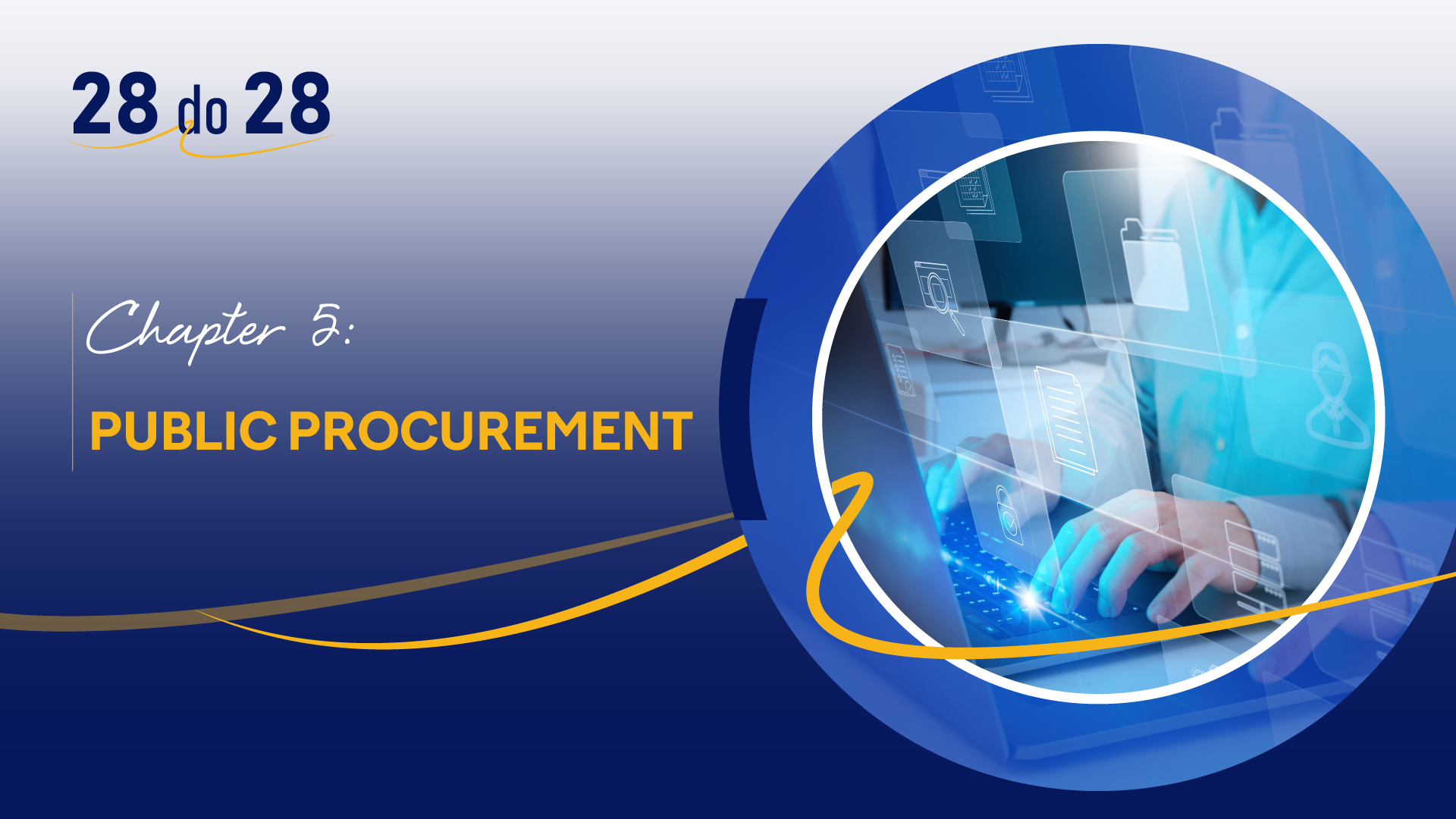Sub-areas?
The sub-areas under Chapter 5 are:
1. General principles
2. Contract award
3. Legal protection and the classic sector
4. Utilities sector
5. Concessions
6. Vocabulary of public procurement
7. Electronic public procurement
8. Sustainable public procurement
9. Defense procurement
When was the chapter opened?
Negotiating Chapter 5 – Public procurement was officially opened on December 18, 2013, and temporarily closed it at the Intergovernmental Conference on June 27, 2025, in Brussels.
Closing benchmarks?
Montenegro is working intensively to meet European standards and create conditions for closing this chapter, by meeting the final benchmarks:
1. Montenegro should align its national framework with the EU acquis in all areas of public procurement with special emphasis on concessions, private-public partnerships and public procurement for defense purposes, in accordance with EU legislation in the field of public procurement and in accordance with the Treaty on the Functioning of the EU and other relevant provisions of the EU acquis.
2. Montenegro should establish adequate administrative and institutional capacity at all levels and take measures to ensure proper implementation of national laws in this area in good time before entry
3. Montenegro should demonstrate the balance of results of a fair and transparent public procurement system that provides value for money, competitiveness and strong anti-corruption safeguards
To close this negotiation chapter, Montenegro has made significant progress through the following:
- alignment of its legislative framework with the European Union acquis,
- establishment and strengthening of key institutions and oversight bodies, alongside the parallel reinforcement of administrative capacities,
- implementation of mechanisms for the prevention of conflicts of interest and the fight against corruption, with effective coordination among the relevant institutions.
In this context, the Public Procurement Law has been largely harmonized with EU directives, and all necessary by-laws required for its full implementation have been adopted.
Furthermore, a Centralized Electronic Public Procurement System (CEJN) has been developed, encompassing the entire public procurement cycle and significantly contributing to greater transparency and efficiency of the system.
Key institutions have been reinforced — the Directorate for Public Procurement Policy, the Commission for the Protection of Rights in Public Procurement Procedures, as well as oversight bodies, including inspection services and the State Audit Institution.
Special focus has been placed on the professionalization of staff, through the implementation of regular training programs for public procurement officers.
Measures aimed at increasing transparency and combating corruption have been further strengthened by implementing mechanisms for preventing conflicts of interest, in coordination with the competent institutions.
What is the benefit for Montenegro from this chapter?
One of the prejudices of Montenegrin citizens in relation to the EU is that the public procurement process will be to the detriment of citizens, especially if the possibility is expanded for more foreign companies to participate in the process, that the interest of these companies will prevail, not the public interest and that it is not possible to limit the abuse of public authority to the detriment of the public interest in the existing socio-political framework.
But, as already mentioned, the EU has established certain principles (non-discrimination, equal treatment, transparency, proportionality, mutual respect) and standards that must be applied in all public procurement procedures and equally to all participants in that procedure, and it is under considerable attention of the EU institutions, which significantly narrows the space for abuse.


